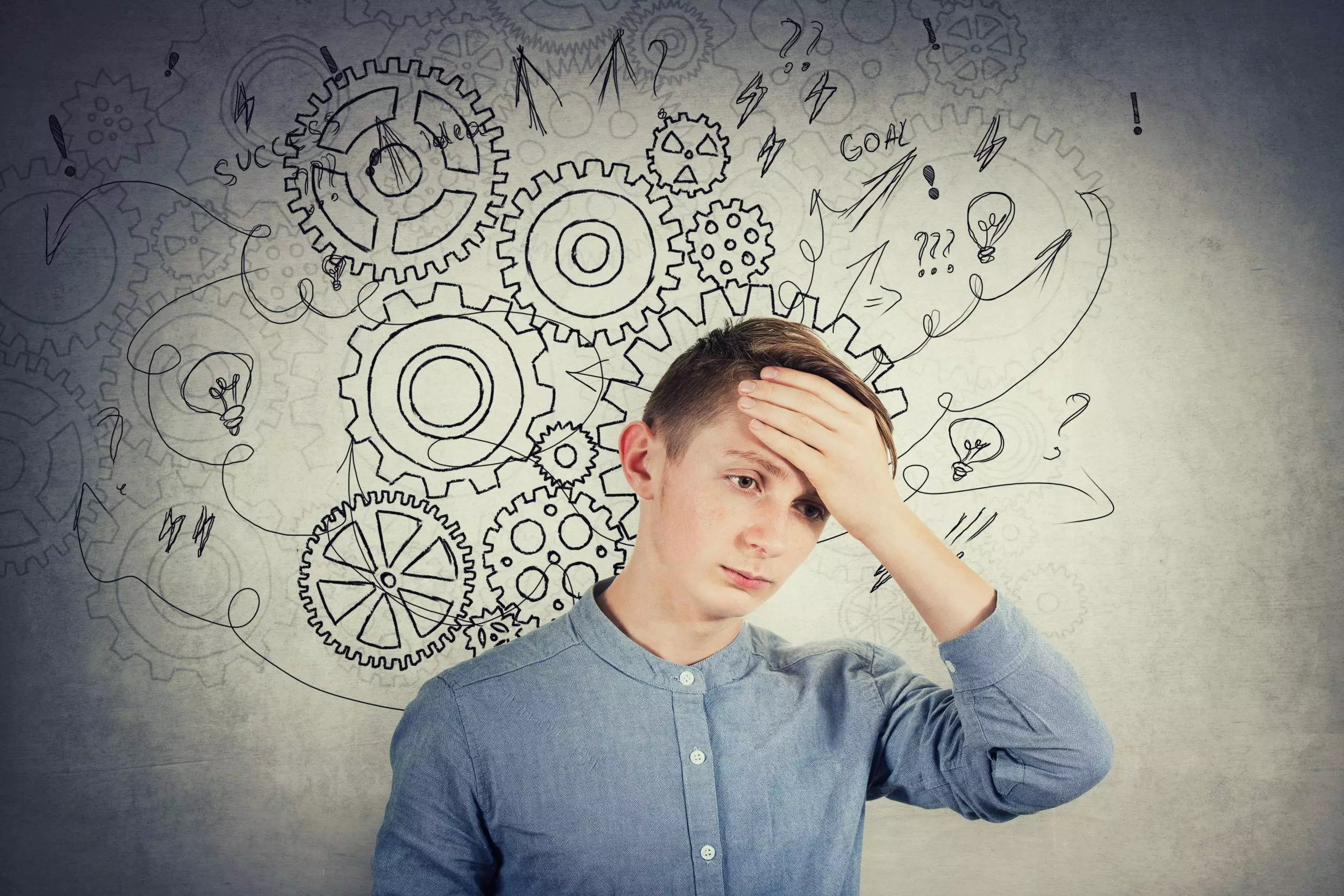In a world where mental illness is seemingly occurring on every corner, there are also many other issues that are also impacting people of all ages, including ADHD. This neurodevelopmental disorder is a lifelong condition, though with proper treatment symptoms can be managed. Obtaining treatment is absolutely vital for those who are diagnosed with ADHD, as the effects of untreated ADHD can be severe and last a lifetime.
What is ADHD?
There is a common misconception that ADHD is mental illness. However, it is a neurological condition that can impact almost every area of a person’s life. The exact cause of ADHD is still largely unknown, though a number of factors are linked to its development, include: genetics, womb environment, and environmental influences.
The Centers for Disease Control and Prevention (CDC) reports that as of 2016, a grand total of 6.1 million children and teens had been diagnosed with ADHD in the United States. ADHD is characterized by an inability to pay attention, concentrate, and may include behavioral issues, such as impulsivity and hyperactivity, that are outside of the spectrum of typical behavior for children. Some of the most common symptoms of ADHD include the following:
- Difficulty finishing a task
- Problems staying organized
- Trouble following directions or conversations
- Squirming or inability to sit still
- Easily distracted
- Forgets or misplaces things often
- Talks excessively
- Impulsivity
- Makes careless mistakes
There are three different types of ADHD, all of which present with a varying combination of symptoms. These types are: inattentive, hyperactive-impulsive, and combined. Each type presents its own sets of challenges and treatment requirements. Because of the nature of ADHD, it is imperative to seek treatment in order to help manage symptoms. The effects of untreated ADHD can have a lasting impact throughout a person’s life.
Effects of Untreated ADHD
Symptoms of ADHD can range from milld to severe. While some young people do not require medication or other interventions, others may require a full spectrum of treatment. No matter how serious a child’s ADHD is, seeking the appropriate level of treatment is absolutely critical in order to prevent some of the more catastrophic effects of untreated ADHD. From interpersonal problems to addiction, those who do not obtain treatment run the risk of experiencing further challenges down the line.
Interpersonal Problems
ADHD can have an impact on interpersonal relationships. It can be difficult for young people with ADHD to make friends due to their impulsivity, excessive talking, or problems following along in conversations. These symptoms can be difficult for other children to understand or relate to, which can cause the child with ADHD to feel isolated and alone.
Poor Academic Performance
High quality academic performance is often an impossible benchmark to achieve, for someone with ADHD. This neurodevelopmental disorder can cause significant problems concentrating, staying on task, and following along with a lesson. Additionally, memorization and lesson retention can be particularly challenging for those diagnosed with inattentive type ADHD. Misplaced homework and time management are also critical areas that can pose challenges for individuals with ADHD. These issues can lead to feelings of worthlessness, poor self-esteem, and anxiety.
Mental Health Challenges
The symptoms of ADHD can be a contributing factor for the development of a mental health condition. It is common for individuals with ADHD to experience depression, anxiety, and other mental health disorders. Navigating a “neurotypical” world with neurodivergent symptoms can be challenging — especially if the person hasn’t received adequate help, academic interventions, or medication — and can cause ongoing stress, feelings of inadequacy, loneliness, and other triggers for mental health concerns.
Substance Abuse and Addiction
One of the hallmarks of ADHD is impulsivity. Individuals with ADHD are more likely to experiment with drugs or alcohol, or engage in other risky behaviors. In addition, the challenges that many children can face as a result of untreated ADHD can be overwhelming, leading to drug or alcohol use as a means to cope, or self-medicate.
Addiction Treatment in Redondo Beach
Living with the effects of untreated ADHD can be incredibly difficult and can have consequences beyond academic performance. At Clear Behavioral Health, our teen program focuses on treating the core issues that young people are experiencing, enabling them to not just recover but thrive.
If you are ready to get your teen the help they deserve, do not waste another minute. Call us right now at 877-799-1895 or visit our website to learn more about our treatment options for teens.
